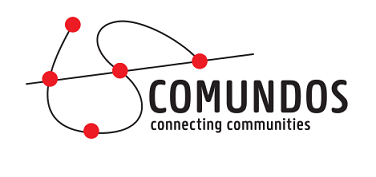Field schools in Rwanda

As an agriculturist and worker for APROJUMAP, I am aware of the extreme poverty of some rural families.
That is why I organize field schools, to teach the best agricultural techniques for the production of corn. It has been observed that traditional practices do not produce enough corn to cover the food needs of the poorest families.
For this reason, we organize regular farmer field schools that allow farmers to acquire the necessary skills to improve their production. They also acquire habits of using techniques that preserve nature.

The farmers are taught to prepare the soil properly by respecting the first and second tillage. Our farmers start using selected seeds provided by specialized services for a better harvest. Organic fertilization and sowing are done in rows and in patches.
Weeding is done one month after sowing. They learn to recognize and control diseases and pests such as mealy bugs, controls are done at least once a week.
The climate change disrupts the seasons and remains a great challenge for us all. Harvesting is done when the corn cobs are ripe. Before storage, the cobs are dried in the sun so that they are dry enough to be shucked. Farmers who have been trained in our field schools apply the acquired techniques properly. They manage to produce enough food and become role models for the people around them, who follow their lead. In this way, farming techniques spread rapidly, with encouraging results.
Edited: Andru Shively (VUB)
A gift for Comundos
Over the years, Comundos has helped remote communities around the world by teaching critical thinking, media literacy and the use of communication technology.
To do this effectively, we need your support for computers, translations, courses and social media management.
Thank you .
BE11 1030 2973 8248




